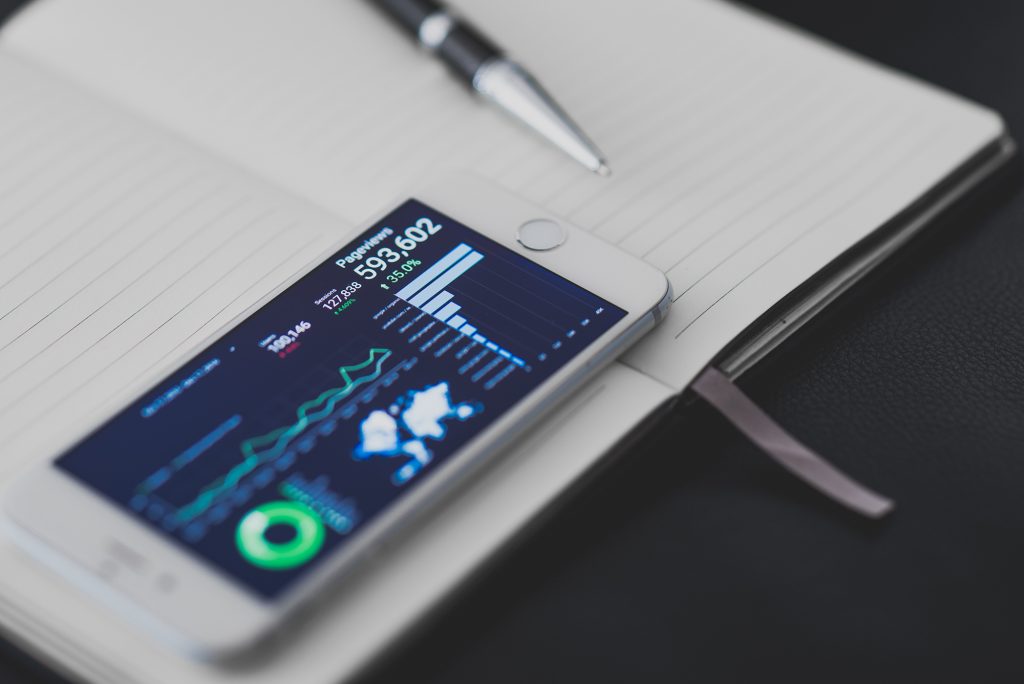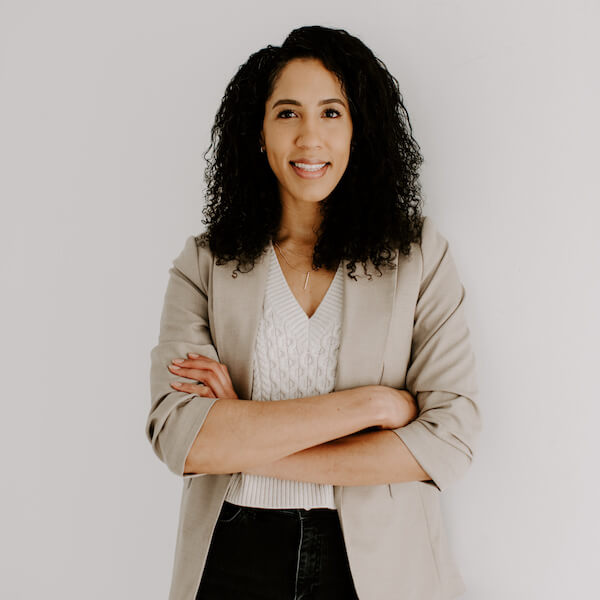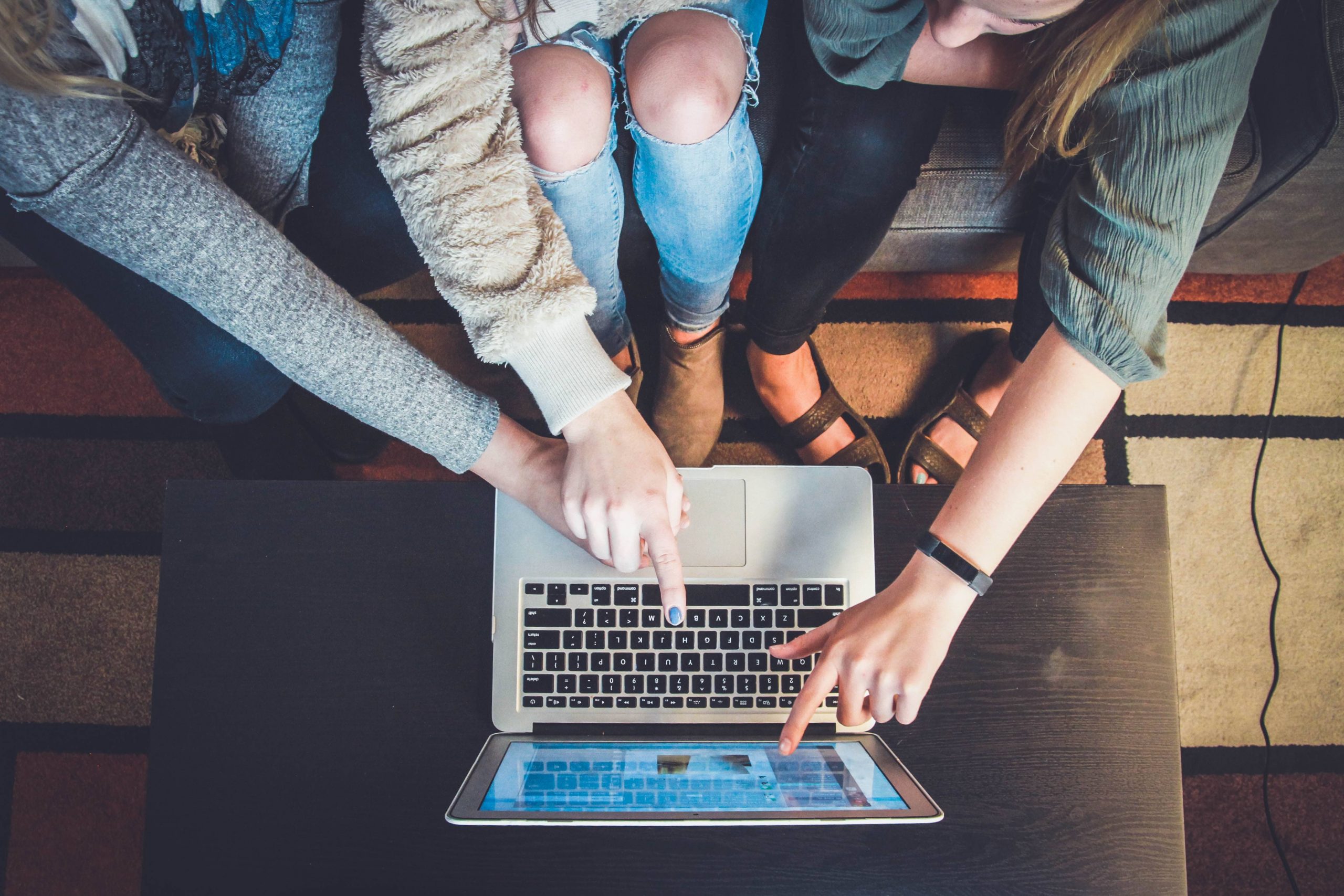Walk into a bookstore and, aisle after aisle, what do you see?
Thousands of books toting secrets to better business, better confidence, and better sex.
This genre of personal development is the reincarnation of the self-help movement. The trend permeates all age brackets as self-improvement motivation is not bound by age; however, millennials and media-savy analogers, as I’ll call them (those born before the internet but young enough to have easily adapted) are particularly drawn in by the mantra of constant self-improvement and maximum output.
It’s a grind culture nurtured by enthusiasm and propagated by social media. It’s one of our generation’s great strengths: our eternal optimism that we can make the world a better place and make ourselves the highest content-producing YouTuber, most radically strict vegan, and most generous GoFundMe organizer.
This mindset has undoubtedly provoked incredible social movements with dramatic positive effects, but has also contributed to a society of quick judgement and social shaming. In an environment where only the best of the best is acceptable, anything less is an outrage. And does outrage ensue, especially when what’s “best” and “right” is often subjective. We’ve created a polarized culture, despite our utopian vision.*
How can we ensure we are truly improving ourselves – and affirming the humanity of others – while chasing this dream of ultimate betterment?

Recognizing vicious cycles
Sometimes, our search for improvement takes on an obsessive, denigrative quality.
We push our standards higher and higher, until we’re exhausted yet still unsatisfied. Lofty goals are laudable, but not when we’re unwittingly sabotaging the process with ineffective practices and detrimental emotional reactions. We are shockingly naïve to the existence of trends in our own life and often repeat the same mistakes.
With contemplative pauses, we have the opportunity to take note of who we are in varying situations: our knee-jerk responses, deep-seated ambitions, hijacked emotions, and anticipatory shame.
The more we become comfortable with the vulnerability that accompanies silence, the more we are able to deeply self-reflect, allowing us to live a more intentional life. Self-reflection is more than a routine for monks, artists, and retirees—it’s a critical part of self-discovery and growth.
“…[S]elf-reflection is important to human development and learning…experiences alone [are] not enough. What is critical is an ability to perceive and then weave meaning from the threads of our experiences. The function of self-reflection is to make meaning. The creation of meaning is at the heart of what it means to be human.” Marilyn Price-Mitchell discussing John Dewey’s research 1

Crafting without Clay
We’ve all been in a place where we are struggling to improve in our personal or professional life.
When questioned about various aspects of our life, however, we’re unable to articulate who we are, how we operate, or even our strengths and weaknesses. We’re not familiar with our emotional patterns or mental reactivity in everyday situations.
It’s not enough to simply go through life and assume that we’ll figure it out on the way. We need to take note of what we can improve and how we will do it.
Di Stefano et al. refer to the reflection process as articulating and codifying our accumulated past experiences. 1 They show that employees who spent 15 minutes at the end of the day reflecting about lessons learned performed 23% better after 10 days than those who did not reflect.
So, reflection is essentially “meaning-making;” it sharpens our ability to observe our inner dialogue, codify past events and assess future intended outcomes. By identifying connections and assigning meaning, we promote creative solution-making. There’s a reason so many businesspeople, athletes, and artists make time for self-reflection—a pause can lead to breakthrough!
“Reflection gives the brain an opportunity to pause amidst the chaos, untangle and sort through observations and experiences, consider multiple possible interpretations, and create meaning. This meaning becomes learning, which can then inform future mindsets and actions.” – Jennifer Porter 1
Everybody Wins
The pauses we take for self-reflection are tremendously important not just for ourselves, but also for our community.
A UK study found that commuters who used their daily travel as an opportunity to reflect on and plan for the upcoming day were “happier, more productive, and less burned out than people who didn’t.” 1
When we stop to interpret our emotional responses, we become more self-aware – a key component in the development of empathy. 1 Sorting through our own constructs creates a familiarity with this inner realm, which subsequently provokes an awareness of the humanity of the other.
We are more apt to notice the struggle, the happiness, the imperfection and the beauty of those around us when we approach Martin Buber’s realm of “I-Thou,” which argues for regarding others with full awareness. We become better neighbours, better partners, and better people.**
“Empathy” is technically “other-awareness,” so it’s literally the direct counterpart to “self-awareness.” – Steven Handel 1
But I don’t wanna…
If we realize that self-reflection is a positive addition to our lives, why don’t we implement it into our lives? Let’s deconstruct a recent HBR article that explained why we avoid self-reflection:
First of all, we don’t understand the process. What does it mean to “slow down” and what exactly is required in a self-reflection practice? Slowing down is counterintuitive in a culture of constant movement, and sitting down with our thoughts and judgements is often an uncomfortable experience.
We’re placed in a position of vulnerability. We expose some parts of us that have remained hidden for years. Parts that are sensitive, painful, or awkward.
Once we’ve accepted the challenge and done some reflection, then we have difficulty correctly analyzing the data we’ve collected. We attempt to explain away troubling realizations or brush aside small victories. Our mind distorts the information, either favourably or unfavourably.
Sometimes we catch a glimpse of the truth but we become so defensive that the results are null.
Even when studies show the effectiveness of self-reflection, we have a bias towards action. 1 Inaction, therefore, seems to be a waste of time. Reflection, in our mind, results in missed opportunities.
Finally, in both the business world and our personal life, we operate on predicted return on investment (ROI). If we contribute time, money or effort toward a goal, we want to see the results. Self-reflection is an incremental growth project that intertwines with our personal development in such a way that it’s nearly impossible to link a single “self-reflection experience” with a specific ROI. Without something to hold up and say “Look at these measured improvements!,” it’s hard to convince people it’s worth their time.

Self-reflection practices are as varied as the people who practice them. Meditation is currently the trendiest (and for good reason), but there are many alternatives. Spending time in nature encourages contemplative thought, as does reading quality literature or poetry. Some encourage deliberate daydreaming or thoughtful journaling. There will be time to record what you’ve learned, but try to stay in a reflective mood rather than a note-taking frenzy.
If you’re ambitious and looking for a fresh perspective, I’d recommend the implementation of an “ancient Indian prescription” I recently stumbled across: read for one hour, write for two hours and meditate for three hours.*** The ratios can be tempered for your own personal goals and availability, obviously. Perhaps start by reading for five minutes, writing for ten, and meditating for twenty.
Its original purpose was to stop the mere parroting of learned knowledge and to search for something deeper and sustainable, so the reading and writing serve as prompts while the mediation allows for organic connections to be made.
All of these are studied attempts to “articulate our accumulated experience.” 1 So, attempt to articulate your world. Perhaps you’ll have an epiphany, increased understanding or, simply, a good nap. Either way, you’ll have taken the time to allow your brain to grow, connect, and empathize.
By three methods we may learn wisdom: First, by reflection, which is noblest; Second, by imitation, which is easiest; and third, by experience, which is the bitterest. – Confucius
*There are many reasons for this outrage culture, not just personal development.
**More about Buber’s I-Thou theory (simple YouTube explanation). For a scholarly review, see the Stanford Encyclopedia of Philosophy
***I have yet to find the source for this, but the idea behind the practice is intriguing.






